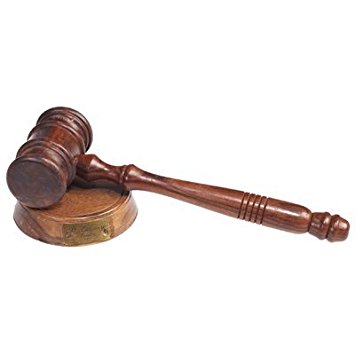Leasehold flats and apartments are often sold at auction with service charge arrears relating to the period before the sale date, but who is liable for these arrears? Sumi Begum and Jonathan Watts of Brady Solicitors explain.
When a flat is sold, ideally the buyer’s solicitors will have identified any service charge arrears at the pre-sale enquiries stage and taken steps to ensure these arrears are either paid by the seller before completion, or the buyer withholds a retention which is then used to settle the outstanding sums.
However, when properties are sold at auction, often for a lower price than market value, rigorous pre-sale enquiries are not undertaken and the issue of service charge arrears is not identified and addressed until after completion.
When faced with such a situation, whom should a managing agent pursue? Is the buyer liable for the arrears, or is it the seller’s responsibility?
All is not lost..
A buyer of a flat (the assignee) is not liable to pay any arrears of service charge that accrued prior to the assignment of the lease (broadly the date they purchased the flat) – but this does not mean the landlord is denied his right to forfeit the lease for breach of covenant to pay the service charge.
Providing the landlord has not waived his right, the lease may still be forfeit for non-payment of service charges and possession of the flat obtained from the buyer (assignee) – even though he owes nothing and has no liability to pay.
Start with the seller
The first step is to obtain a determination that the debt is due either by obtaining a judgment from the County Court or a decision of the First Tier Tribunal (Property Chamber). In either case proceedings should be commenced against the seller of the flat, not the buyer.
Practical problems may arise when trying to sue the seller if the managing agent no longer has the relevant address details. In these situations, tracing agents can be very helpful.
Once you have the determination, a S.146 notice then needs to be served on the seller (not the buyer) and thereafter forfeiture proceedings may be commenced, once again against the seller.
Although the buyer has no legal liability to pay the arrears, the threat of impending forfeiture proceedings (or indeed an order for possession) is often enough to compel the buyer to settle the debt.
And what if you are buying a leasehold property at auction?
If you are considering buying a flat at auction be aware that, whilst you may pick up a bargain, you may not find out about any historical service charge debts until after your sale has completed. Some sale contracts however will explicitly state that the buyer takes the property, subject to any arrears that there may be.
So the best advice is to read the sales pack and contract carefully to understand any service charge arrears liabilities as best you can to minimise the chance of an unpleasant surprise.
Want to know more?
To find out about the stress-busting Brady Solicitors services for managing agents, please click here.
If you are a leaseholder please click here.

